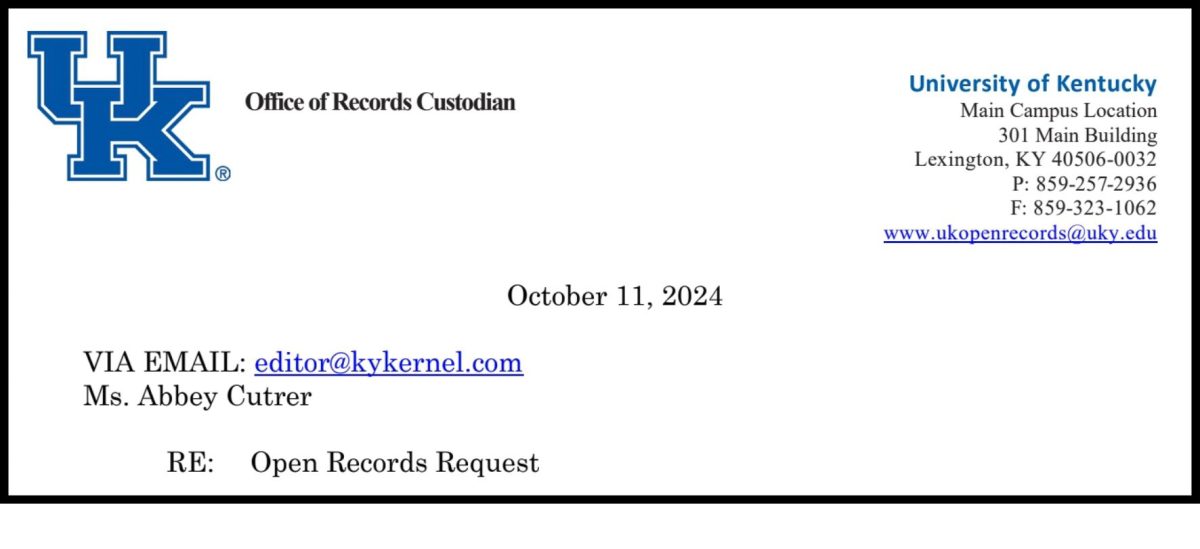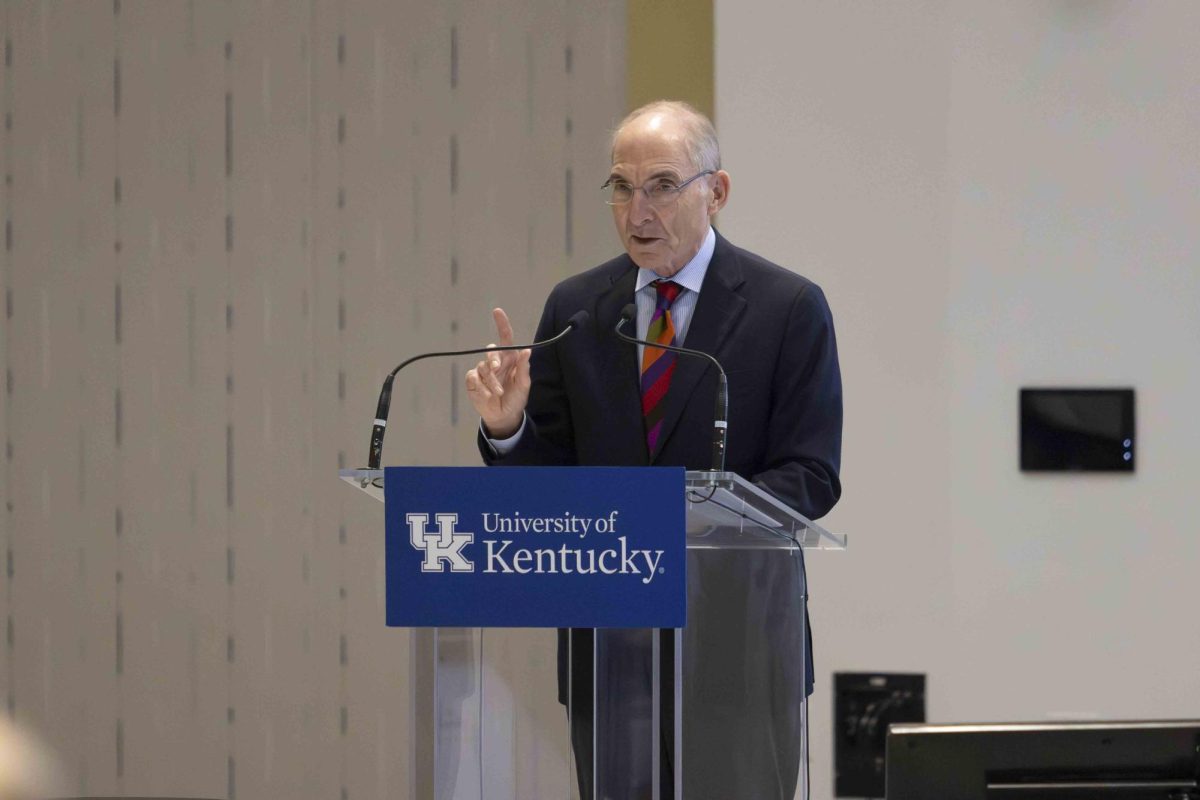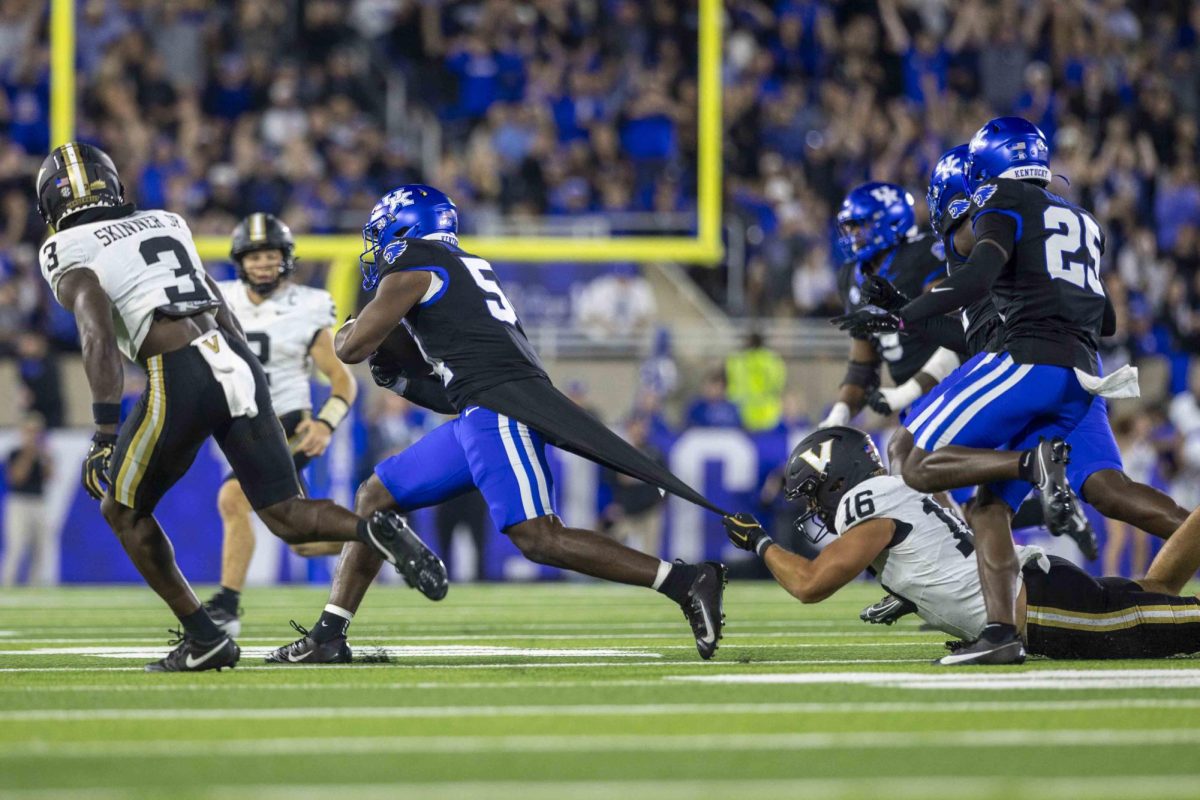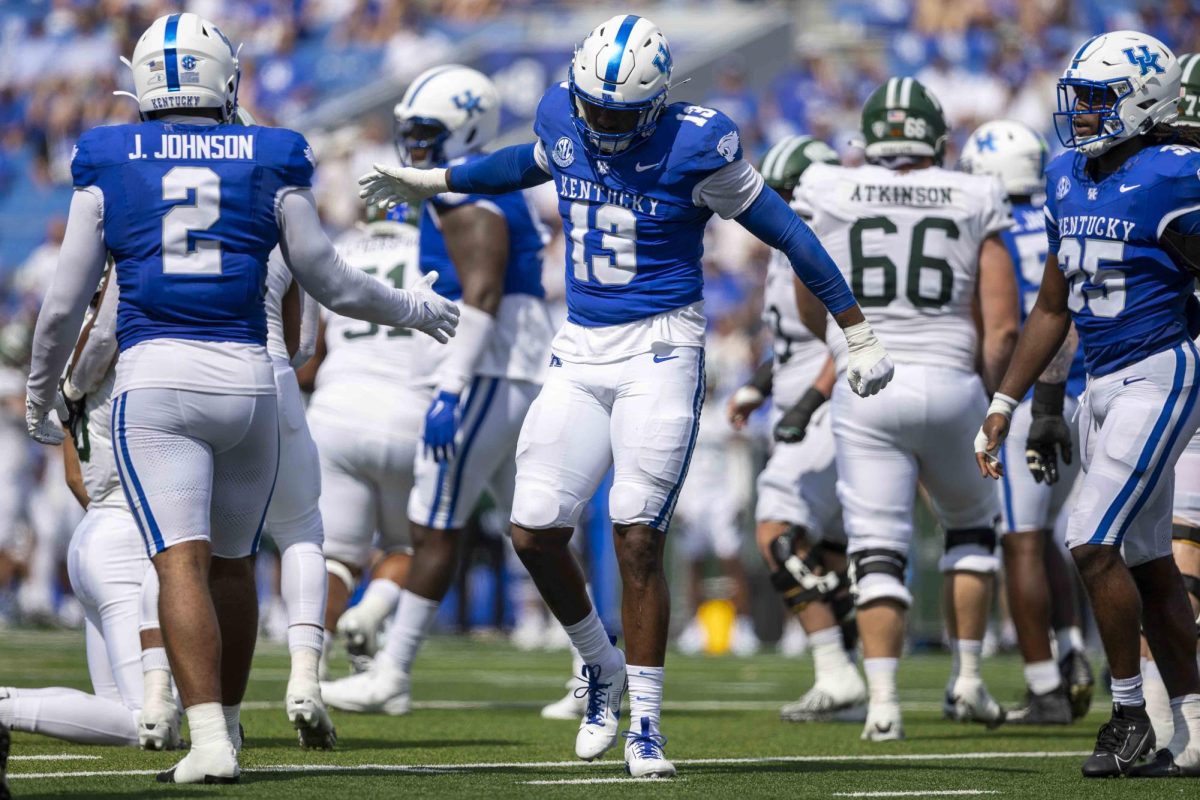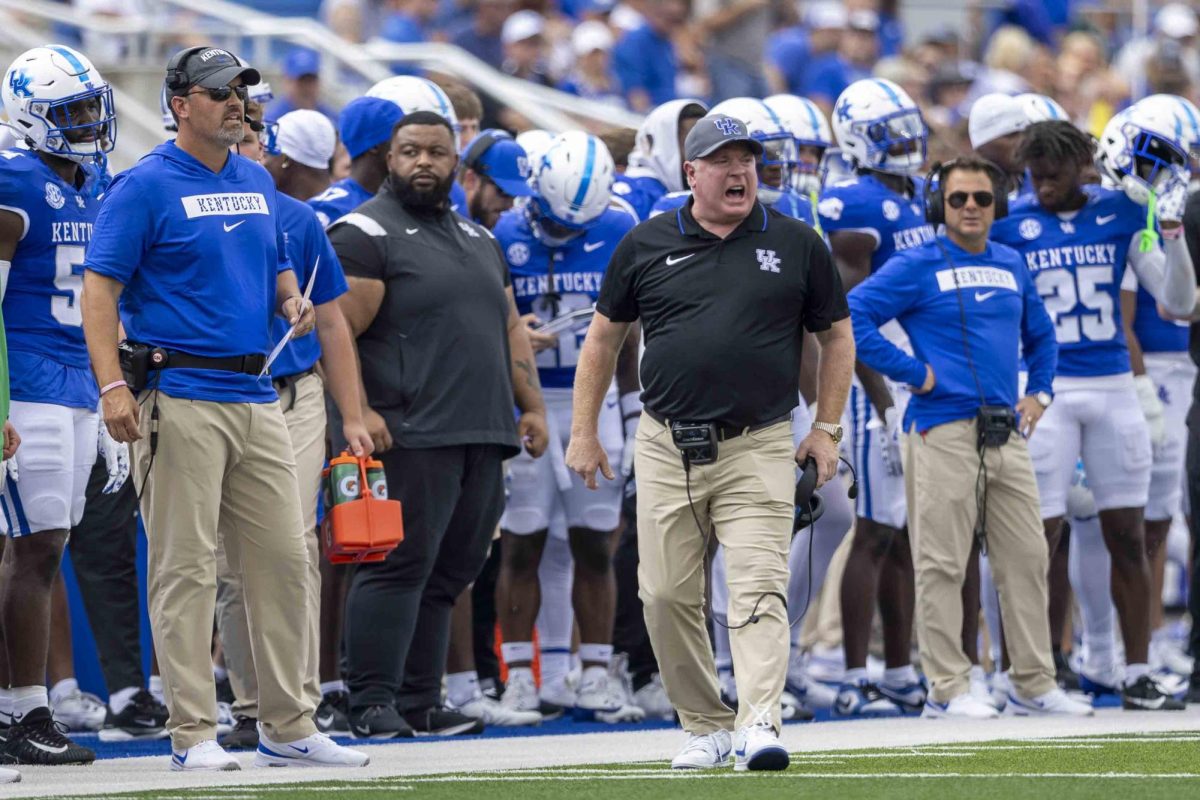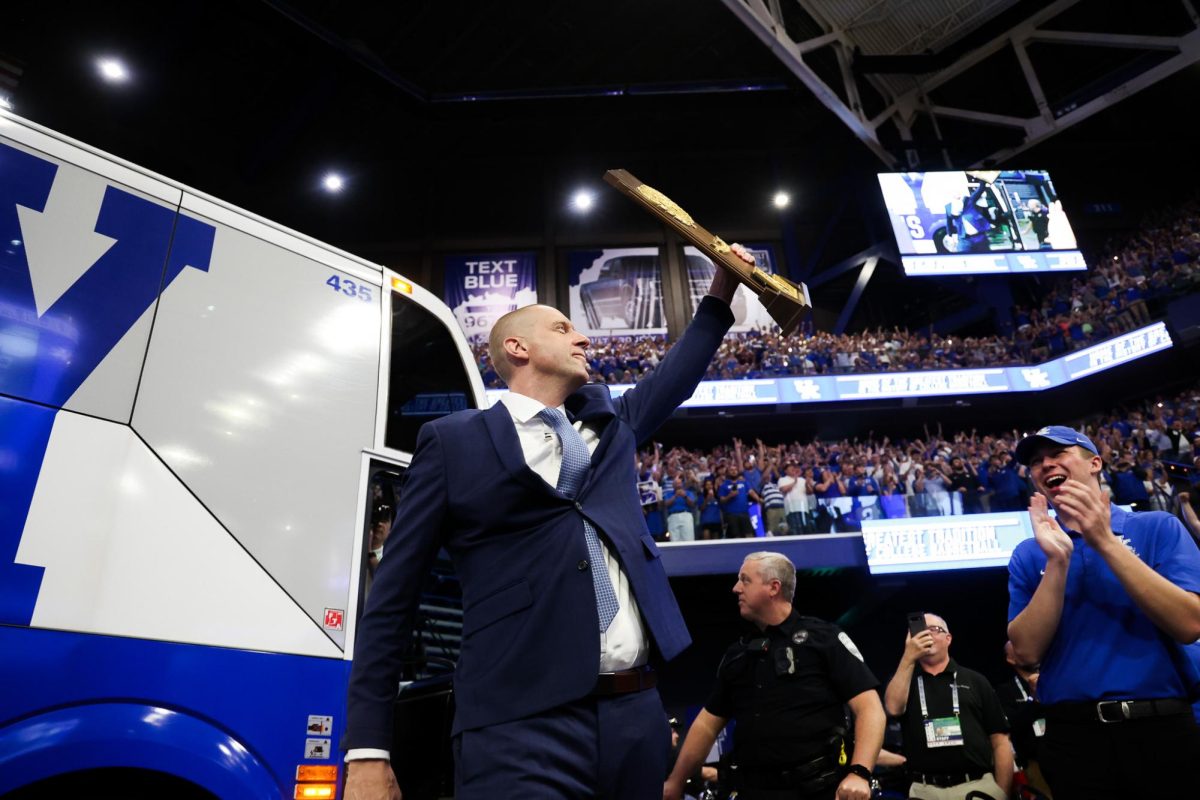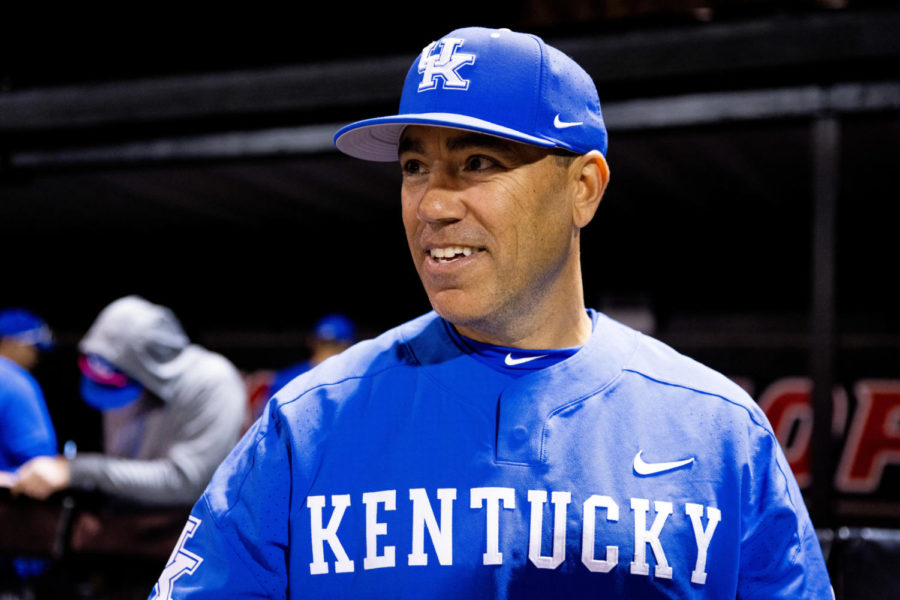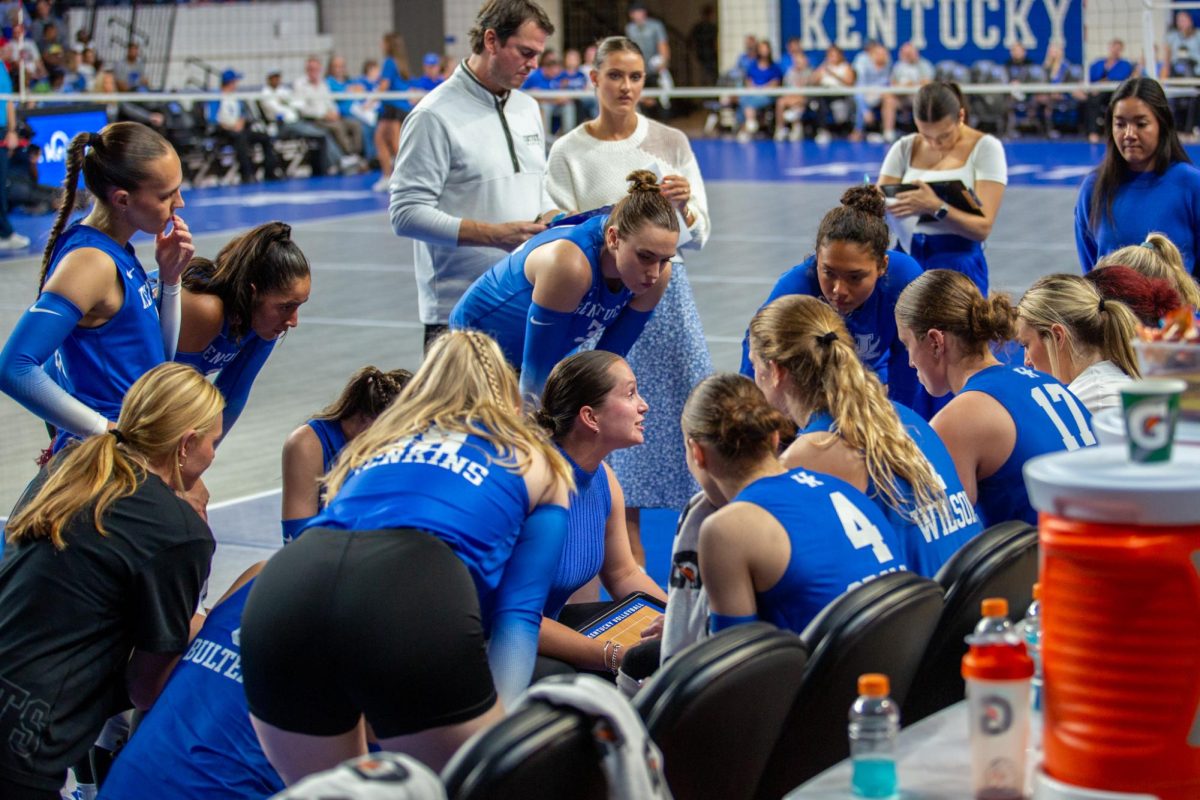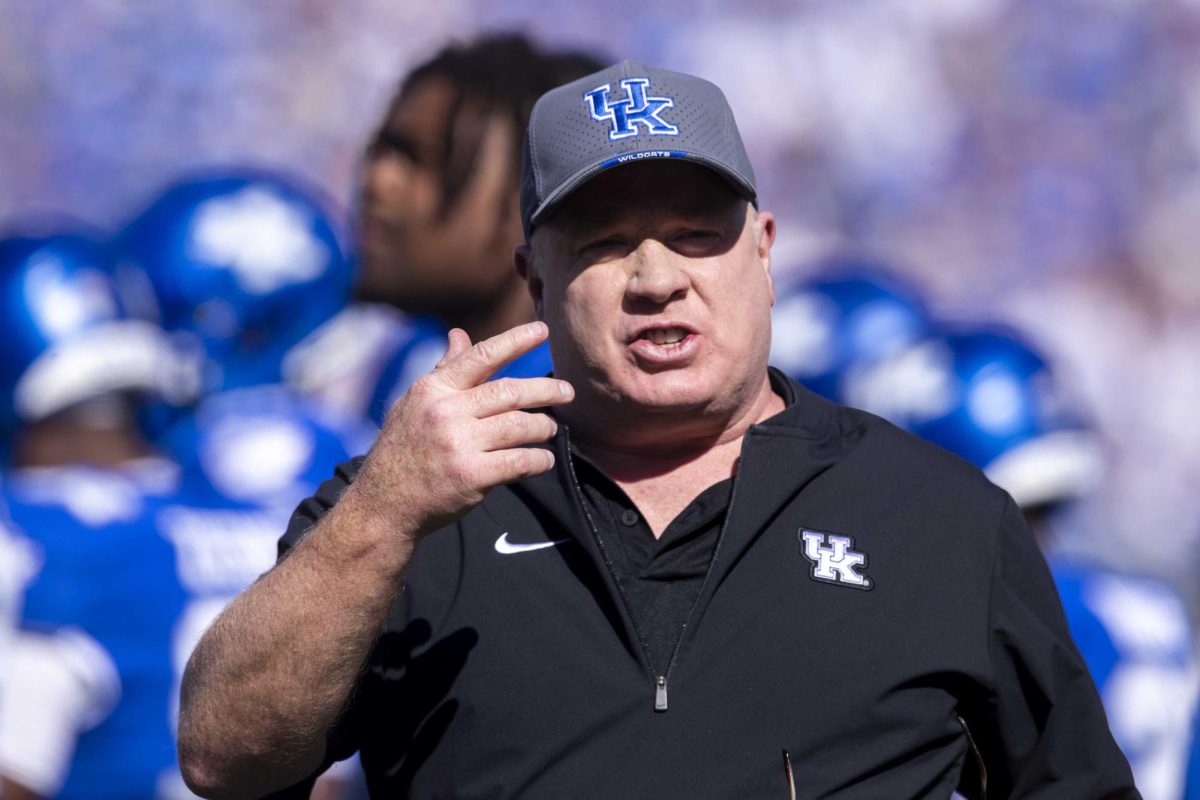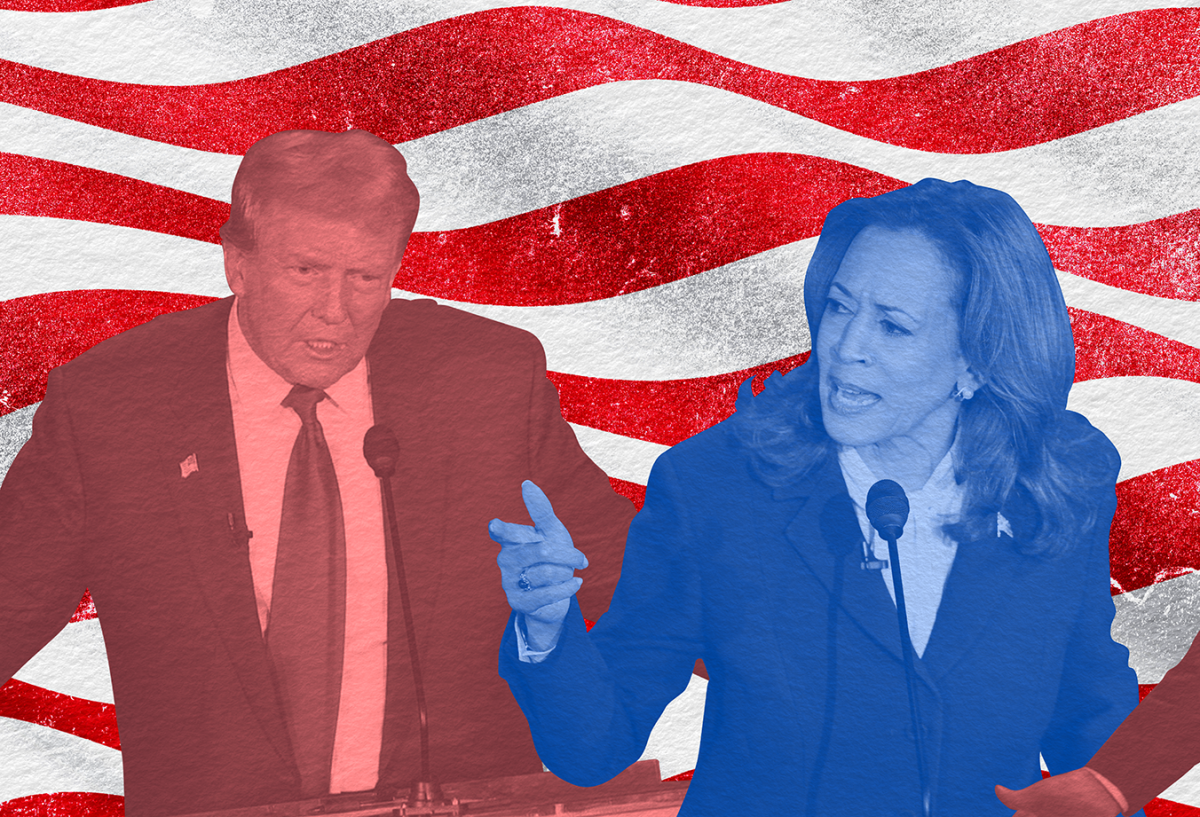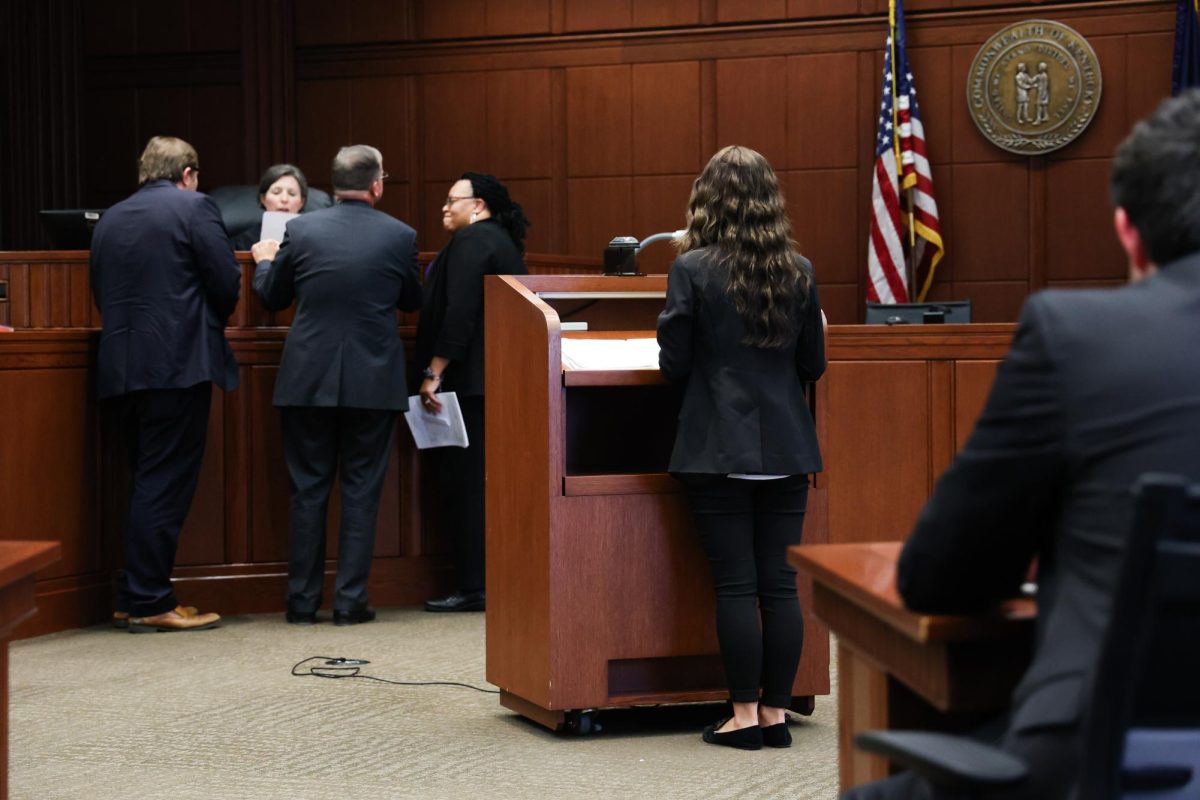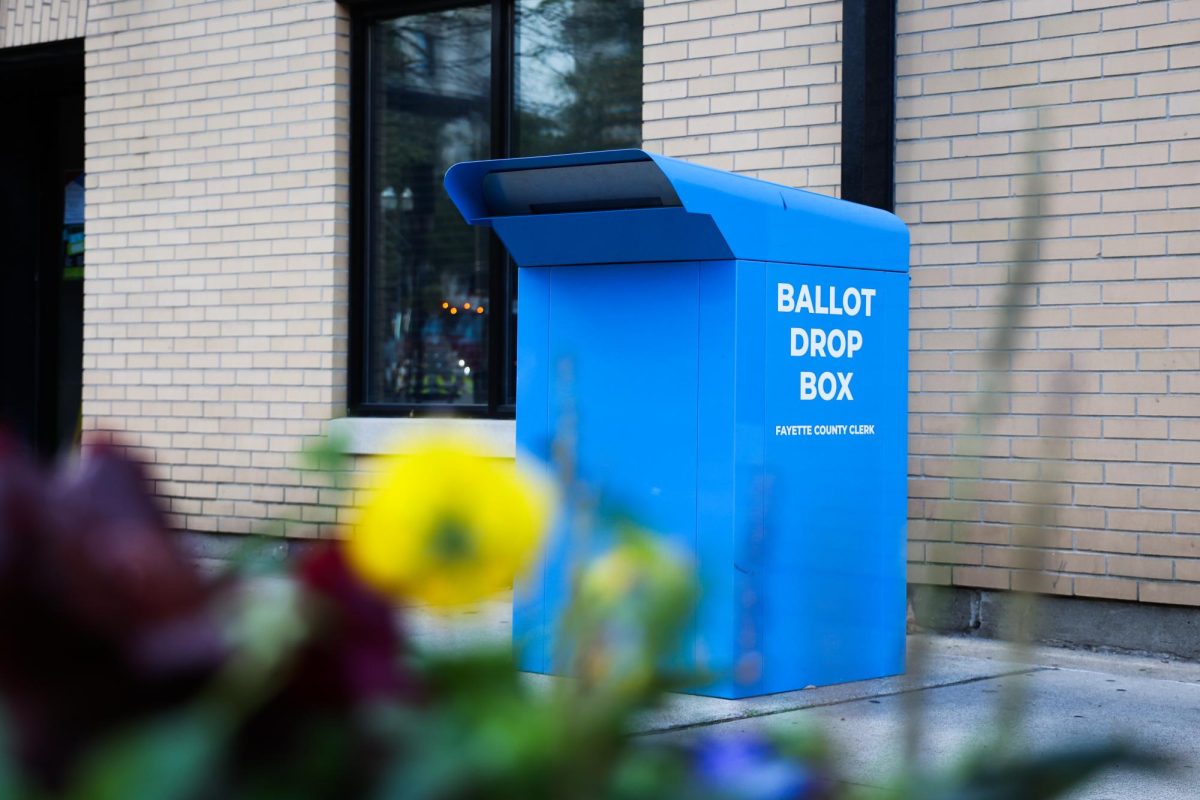Obama signs loan, grant changes into law

300 dpi Anita Langemach color illustration of one-hundred-dollar bill with Benjamin Franklin wearing baseball cap and blowing whistle. The Gazette (Colorado Springs) 2009<p> club coaches illustration benjamin franklin coach referee whistle blower money hundred dollar bill; krtussports; u.s. us united states; consultants; krtbusiness business; krtfinancialservice financial services; krtnamer north america; krtusbusiness; krtnational national; krtsports sports; krt; mctillustration; FIN; SPO; 04000000; 04006003; 15000000; 2009; krt2009 gt contributor coddington langemach mct2009 mct
March 28, 2010
On Tuesday, as President Barack Obama signed insurance reform legislation into law, he also signed legislation changing the student financial aid process.
“Year after year, we’ve seen billions of taxpayer dollars handed out as subsidies to the bankers and middlemen who handle federal student loans when that money should have gone to advancing the dreams of our students and working families,” Obama said in a news release. “And yet attempts to fix this problem and reform this program were thwarted by special interests that fought tooth and nail to preserve their exclusive giveaway.
“We said we’d stand up to the special interests and stand up for the interests of students and families. That’s what happened this week.”
The law, The Health Care and Education Reconciliation Act of 2010, eliminates the Federal Family Education Loan Program, a $61 billion subsidy to encourage private banks to lend to students.
Increased Pell Grants and Direct Loans will replace the FFEL program, with $10 billion of deficit reduction amounting to $87 billion in savings over the next ten years. In addition, non-profit lenders would be entitled to service Direct Loans.
“This is (the) right thing financially,” U.S. Secretary of Education Arne Duncan said in a news release. “This is the right thing economically. This is the right thing educationally.”
The legislation increases the Pell Grant maximum from $5,350 to $5,500 for the next two years, then pegs increases to the Consumer Price Index, aiming to make the Pell Grant sensitive to inflation. Congress paid for these increases by spending the $36 billion available from the elimination of FFEL.
After June 30, university financial aid offices will disperse student loans, instead of private banks like Citigroup, JP Morgan and Wells Fargo, as the subsidy guaranteeing private loans will end.
After June 30, 2014, student loan payments will be capped at 10 percent of the borrower’s income, down from the current 15 percent. If payments are kept up, the government will forgive student loan debt after 20 years instead of the current 25.
“This bill eliminates the billion dollars in wasteful subsidies to banks and redirects most of that money to low-income college students in the form of increased Pell Grants,” said Sen. Tom Harkin (D-Iowa).
For the 2009-10 school year, 4,094 UK students received a total of $15.7 million from Pell Grants, said Lynda George, director of the UK Office of Student Financial Aid.
The financial aid changes in the bill come from the Student Aid and Fiscal Responsibility Act of 2009, which was folded into the larger health care reform legislation days before the House of Representatives sent the bill to Obama’s desk.
Before the House’s decision, the bill could not overcome Republican opposition and stalled in the Senate.
In a $15 million lobbying effort targeted at legislators from both sides of the aisle, banks argued that the changes would cost jobs.
Sixth District Rep. Ben Chandler (D) voted against the legislation. Senate Minority Leader Mitch McConnell (R-Ky.) vowed to work for repeal of the legislation, and Democrat John Yarmuth stood as the only member of Kentucky’s Congressional delegation to support the bill.




